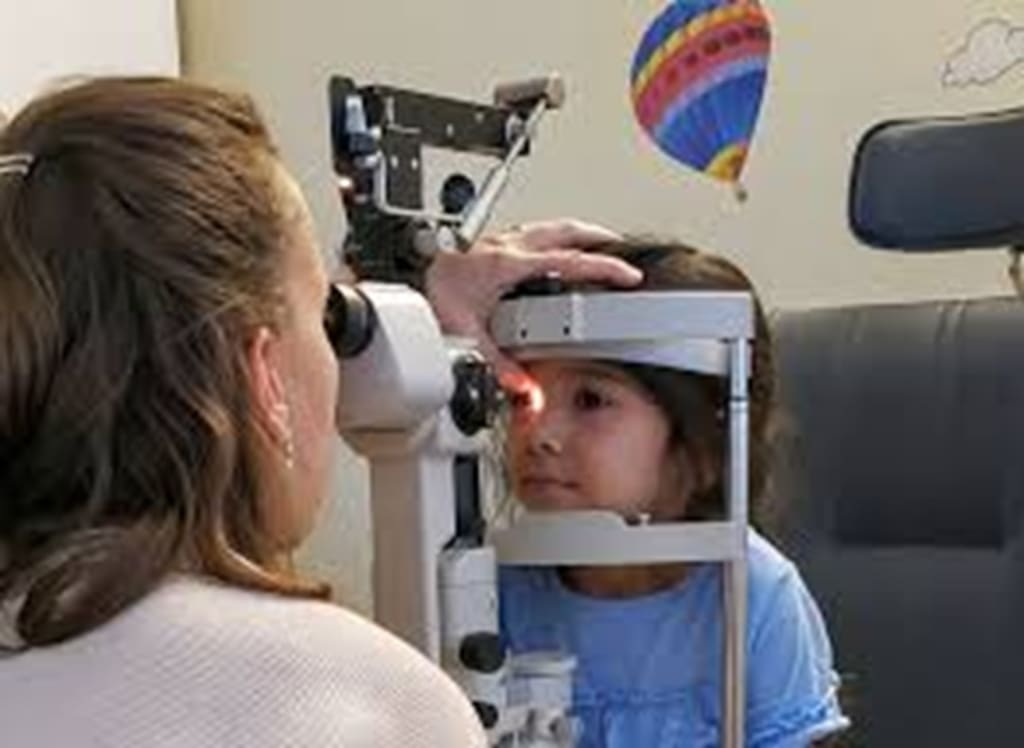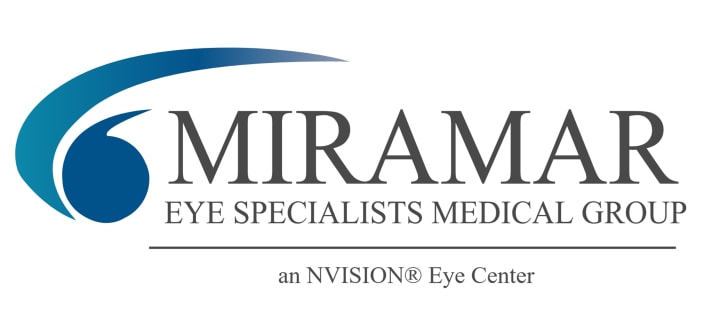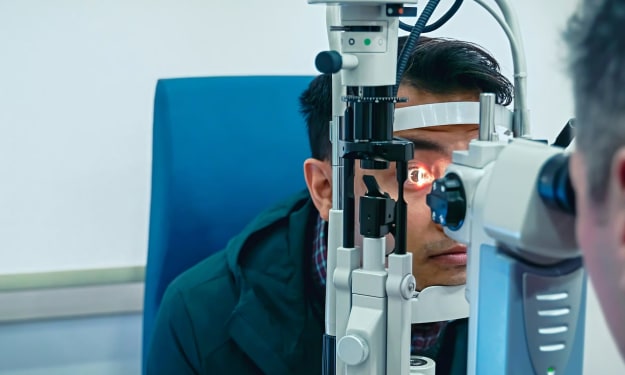Understanding General Ophthalmology: Comprehensive Eye Care For All Ages
General ophthalmology provides comprehensive eye care for individuals of all ages, addressing a wide range of vision problems and eye conditions

General ophthalmology is a vital field of medicine dedicated to the health and function of the eyes. This branch of medicine encompasses the diagnosis, treatment, and management of a wide array of eye conditions and vision problems, catering to individuals across all age groups. Comprehensive eye care provided by general ophthalmologists ensures that patients receive timely and effective treatments to maintain optimal vision and eye health.
Regular eye examinations are the cornerstone of general ophthalmology. These exams help detect early signs of eye diseases and vision problems, enabling prompt intervention. Routine check-ups are crucial for individuals of all ages, from children experiencing vision development issues to older adults at risk of age-related conditions like cataracts and glaucoma.
Pediatric eye care is an essential aspect of general ophthalmology. Early detection and treatment of vision problems in children are critical for their overall development and academic performance. Conditions such as amblyopia (lazy eye) and strabismus (crossed eyes) can be effectively managed with timely intervention, ensuring that children have the best possible start in life.
In adults, general ophthalmology addresses a broad spectrum of eye conditions. Common issues like refractive errors (myopia, hyperopia, and astigmatism) are typically corrected with prescription glasses or contact lenses. For those seeking a more permanent solution, refractive surgery options such as LASIK are available, providing freedom from corrective lenses.
Age-related eye diseases become more prevalent in older adults, making regular eye exams even more critical. Cataracts, for example, can significantly impair vision but are effectively treated with surgery. Glaucoma, another common condition in the elderly, can lead to irreversible vision loss if not detected and managed early. General ophthalmologists play a key role in diagnosing and treating these conditions, helping to preserve vision and quality of life.
Macular degeneration is another significant concern for older adults. This progressive disease affects the central part of the retina, leading to vision loss. While there is no cure, early detection and treatment can slow its progression. General ophthalmologists monitor and manage this condition, providing patients with the necessary care and support.
Diabetic eye disease is a leading cause of blindness in adults. Individuals with diabetes are at increased risk of developing conditions like diabetic retinopathy, which can damage the blood vessels in the retina. Regular eye exams are essential for detecting early signs of diabetic eye disease, allowing for timely treatment to prevent vision loss.
In addition to treating eye diseases, general ophthalmologists provide emergency care for eye injuries and infections. Prompt treatment is crucial to prevent permanent damage and restore eye health. Whether it's a foreign object in the eye, a corneal abrasion, or an eye infection, general ophthalmologists are equipped to handle these urgent situations.
Dry eye syndrome is a common condition that affects people of all ages. It occurs when the eyes do not produce enough tears or the tears evaporate too quickly, leading to discomfort and vision problems. General ophthalmologists diagnose and treat dry eye syndrome, offering solutions ranging from artificial tears to advanced therapies.
General ophthalmologists also manage ocular allergies, which can cause redness, itching, and swelling. Identifying and avoiding allergens, along with appropriate medications, can alleviate symptoms and improve eye comfort.
Regular eye care is not only about addressing vision problems but also about maintaining overall eye health. General ophthalmologists provide guidance on healthy lifestyle choices, such as proper nutrition and eye protection, to support long-term eye health.
Advanced diagnostic tools and technologies are integral to general ophthalmology. Innovations such as optical coherence tomography (OCT) and digital retinal imaging enhance the accuracy of diagnoses and enable detailed monitoring of eye conditions. These technologies facilitate early detection and more effective treatment of eye diseases.
Patient education is a critical component of general ophthalmology. General ophthalmologists take the time to explain diagnoses, treatment options, and preventive measures to their patients. This empowers individuals to take an active role in their eye health and make informed decisions about their care.
In summary, general ophthalmology provides comprehensive eye care for individuals of all ages, addressing a wide range of vision problems and eye conditions. Regular eye exams, timely treatment, and patient education are key elements of this field, ensuring that patients maintain optimal eye health throughout their lives.

About Us
Miramar Eye Specialists Medical Group is a premier ophthalmology practice dedicated to providing comprehensive eye care services. Our team of highly skilled ophthalmologists and eye care professionals is committed to delivering personalised treatment using the latest advancements in medical technology. We offer a wide range of services, including cataract surgery, glaucoma management, retina care, and refractive surgery. With a focus on patient satisfaction and optimal outcomes, we strive to enhance the quality of life for our patients through exceptional eye care. Visit us at Miramar Eye Specialists to learn more.
About the Creator
Enjoyed the story? Support the Creator.
Subscribe for free to receive all their stories in your feed. You could also pledge your support or give them a one-off tip, letting them know you appreciate their work.





Comments
There are no comments for this story
Be the first to respond and start the conversation.